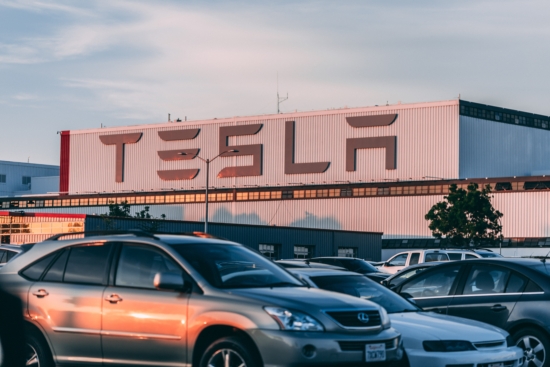Rishi Sunak downplays EV delay by setting “path to zero emission vehicles by 2035”
 (Photo: Craig Adderley; Pexels)
(Photo: Craig Adderley; Pexels)
Just a week after pushing back the deadline for transitioning to electric vehicles to 2035, the government has set out the percentage of new zero emission cars manufacturers will be required to produce each year up to 2030. The zero emission vehicle mandate requires 80% of new cars and 70% of new vans sold in Great Britain to be zero emission by 2030, increasing to 100% by 2035. The 2035 end of sale date puts the UK in line with other major global economies, including France, Germany, Sweden and Canada.
The mandate sets minimum annual targets, starting with a requirement for 22% of new cars sold in 2024 to be zero emission, as originally proposed. This will rise each year up to 100% by 2035, although some manufacturers already plan to reach 100% sooner.
Government suggestions that “the plans provide investors with confidence to invest in charging infrastructure” explain one of the many reasons for the partial climbdown on the previous policy shift a week before.The UK has already triggered investments in giga-factories and EV manufacturing, with over £6 billion in private sector chargepoint funding also ready to be unleashed.
The government has also introduced several schemes to lower EV transition costs. This includes a plug-in van grant of up to £2,500 for small vans and £5,000 for large vans until at least 2025 and £350 off the cost of home place chargepoints for people living in flats. This is in addition to EVs being cheaper to run than petrol and diesel cars, with research showing that electric cars are around £150 cheaper to maintain a year.
Recent investment provides signicant context too. BMW has announced its intention to invest over £6 billion in its UK factories, including a multi-million-pound investment to transform their Oxford plant, securing 4,000 high-quality jobs and strengthening the electric vehicle supply chain. This followed other major investments, including £4 billion from Tata to build a new gigafactory in the UK, and £1 billion from Nissan and AESC to create an EV manufacturing hub in Sunderland.
Mike Hawes, Chief Executive, The Society of Motor Manufacturers and Traders (SMMT) commented: “We welcome the clarity the mandate’s publication provides for the next six years and the flexibilities it contains to support pragmatic, equitable delivery across this diverse sector. Manufacturers offer a vast range of zero emission vehicles, but demand must also match supply – that means making ZEVs affordable by incentivising drivers to make the switch now and delivering the infrastructure to meet consumer expectations.”




Comments